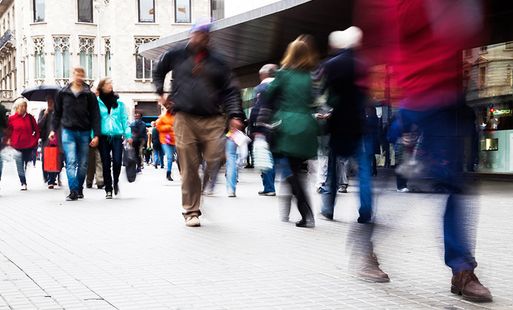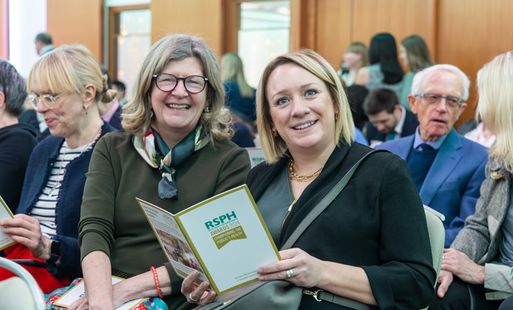Our health: the price we will pay for the cost-of-living crisis
In 2022, RSPH published a timely report on the link between poverty, public health and the cost-of-living crisis

The cost-of-living crisis is a public health crisis.
It has and continues to have a major impact on millions of households throughout the country.
The lasting consequences of the cost-of-living crisis have the potential to leave a generation in poorer health than their predecessors. This cuts across society but will be felt unequally and is likely to worsen health inequalities. The cost-of-living crisis has had a highly significant negative impact on economic activity and the financial health of the country.
At a glance
Key findings
- In an RSPH-commissioned public poll, 47% of households indicated that they are worried they are running out of ways to minimise costs further without cutting back on essentials
- 41% are concerned that the cost-of-living is impacting their physical health
- 48% (less than half of respondents) are confident they can rely on social and family networks for mental and emotional support over winter
Recommendations:
- Adequate financial support for families and services: targeted support for those most at risk and appropriate funding for local government
- More policy and practice innovation is needed, with input from businesses, local authorities and central government, across our entire societal infrastructure
- Monitor the long-term health impacts of the cost of living
- Support the public health workforce so they can support us
What is the impact of the cost-of-living crisis on our health?
Less access to healthy food
39% of people are buying less fresh produce including meat, vegetables and diary. 20% of the public are concerned about how they will be able to afford food for themselves and their family. The financial crisis results in longer-term impacts as many find that they are no longer able to afford fresh foods
Stress
Among the households with the highest income, 66% are concerned that the cost-of-living crisis is impacting them and their family and 41% are concerned that the cost of-living crisis is already impacting on their physical health.
Inequalities in health
Inequalities are likely to get worse. Some groups in society are already – and will continue to be – more impacted by the cost-of-living crisis. Our research shows that compared to the nationwide average, groups who are on a low income, live with disability, are a parent, or are middle aged are more concerned about the cost-of-living crisis.
The role of the Public Health Workforce
To support the health of the nation, the public health workforce who deliver services and programmes are more important than ever. They need adequate funding to continue to deliver impactful services, and they need support to grow and develop.
Impact on the NHS
As the NHS faces increasing pressures and the UK faces workforce shortages, the cost-of-living-crisis is putting them under greater financial and service delivery pressures. A public health approach is more important than ever to ensure we stop people falling into poverty and poor health.








